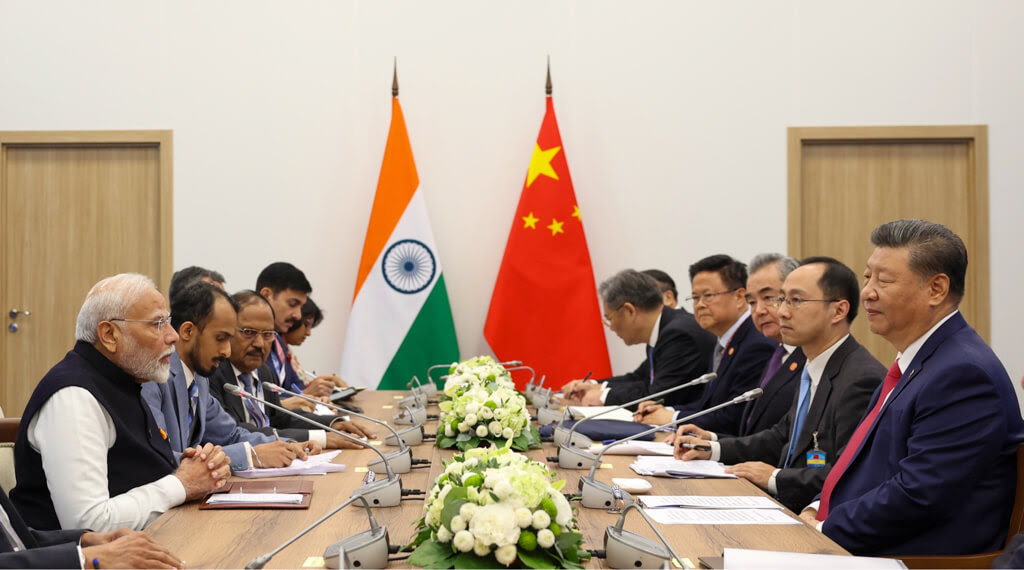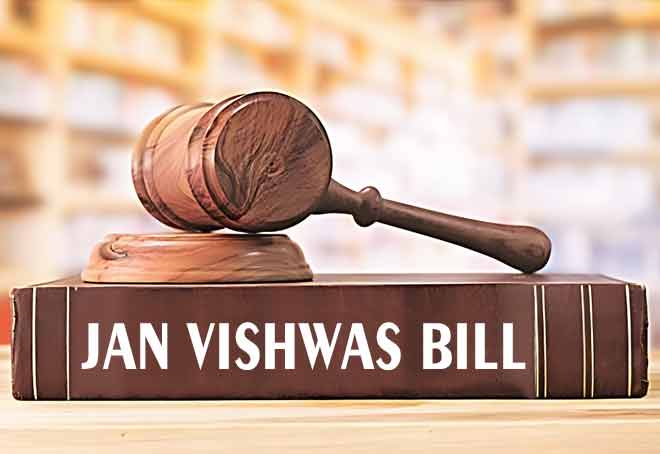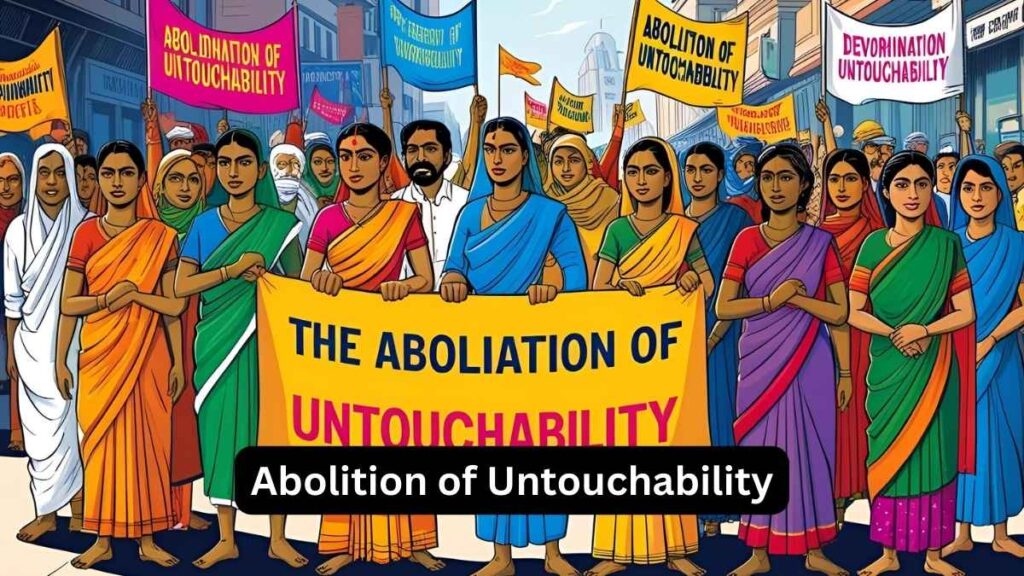India’s Handling of the 2024 LAC Agreement: An Ethical Case Study on Transparency and National Security
India’s Handling of the 2024 LAC Agreement
The 2024 Line of Actual Control (LAC) Agreement between India and China has raised significant questions about government transparency and public trust. Based on Suhasini Haidar’s article “The LAC Agreement, the Détentes, and the Questions,” this case study looks at India’s choice to withhold details about the agreement and considers how this impacts public trust and democratic accountability. Various ethical frameworks, including utilitarianism, duty-based ethics, social contract theory, and virtue ethics, offer perspectives on the government’s approach to balancing national security with transparency.
Historical Context and Transparency
The India-China border dispute has been ongoing since the 1962 Sino-Indian War, with multiple agreements like the 1993 Border Peace and Tranquillity Agreement and the 2013 Border Defence Cooperation Agreement aiming to ease tensions. Following the 2020 Galwan Valley clashes, demands for transparency in government actions have intensified, especially with the signing of the 2024 LAC Agreement. However, the government’s refusal to disclose specific details, including the new patrolling protocols and buffer zones, has fuelled public scepticism and criticism.

Key Aspects of the Agreement
The LAC Agreement intends to restore previous patrolling routes, reduce military presence, and establish disengagement protocols. While the aim is to return to the pre-2020 status quo, there are uncertainties regarding the new patrolling arrangements and buffer zones. Speculation exists about whether these areas might limit India’s territorial control along the LAC. Despite the importance of these developments, the government has chosen to remain silent on the precise terms, leading to further questions from the public.
Ethical Perspectives
- Utilitarianism
- Question: Does keeping details private serve the greater good by ensuring public safety and security?
- Application: Utilitarian ethics would support secrecy if it helps avoid misunderstandings and prevents further conflicts. Here, the government could argue that withholding sensitive details might reduce the likelihood of escalating tensions with China, prioritising the overall safety of citizens.
Duty-Based Ethics (Deontological)
- Question: Does the government have a duty to inform citizens, even if it poses risks?
- Application: Duty-based ethics emphasises the government’s responsibility to be truthful and open with the public. A lack of transparency might be seen as neglecting this duty and failing to respect citizens’ rights to information, which is key in a democratic society.
- Social Contract Theory
- Question: Is the government honouring its agreement with citizens by prioritising national security over transparency?
- Application: According to social contract theory, citizens expect the government to act in their best interest. The government’s choice to withhold information may weaken trust if people feel excluded from crucial decisions.
- Virtue Ethics
- Question: Should virtues like honesty and prudence guide government actions?
- Application: Virtue ethics suggests that the government should act with integrity and honesty, balancing openness with caution. Too much secrecy could suggest a lack of transparency, which could erode trust and create public scepticism.
Ethical Dilemmas: National Security vs. Transparency
Withholding details of the LAC Agreement raises concerns about balancing national security with the principles of transparency in a democratic state. The ethical question here is whether it is right for the government to favour security over openness. The government could find a middle ground by sharing non-sensitive information to strengthen public trust without compromising security.
Public Trust and Accountability
The government’s lack of openness risks eroding public trust, as citizens may begin to question its commitment to protecting their interests. To maintain public trust, the government might consider regular updates and clarifications that reassure the public while safeguarding sensitive information.
Role and Responsibility of the Media
The media has reacted to the government’s secrecy in various ways, with some outlets criticising the lack of transparency and others defending the need for discretion. The ethical question here is what standards the media should uphold in covering such sensitive matters. Balanced, factual reporting could help the public understand the issue without sensationalising it.
Public Reactions and Media Defence of Government Secrecy
The government’s choice to withhold details has sparked mixed reactions. Many argue that full transparency would allow citizens to better understand the risks and benefits of the LAC Agreement. Critics highlight that ambiguous statements on matters such as the new patrolling arrangements echo past assurances, like Prime Minister Modi’s 2020 statement that “no one has transgressed India’s borders,” despite evidence of Chinese troop buildup. This kind of ambiguity can lead to public scepticism about government actions.
On the other hand, some sections of the media defend the government’s discretion as a strategic necessity. They argue that revealing too much could hinder sensitive negotiations, giving potential adversaries insight into India’s approach. According to this view, prioritising peace and stability over transparency is sensible and prudent. Supporters believe that keeping certain details confidential reflects a long-term strategy, avoiding immediate public criticism but focusing on maintaining peace.
Trust Deficit and Buffer Zones
This secrecy has deepened the trust deficit between the government and the public. The creation of buffer zones, which some say favours China by restricting Indian troop access, has only added to these concerns. Some analysts believe the government’s lack of transparency may be due to an unwillingness to admit a compromised position on the border. However, supporters argue that buffer zones help reduce the risk of clashes, suggesting the government is choosing security over short-term popularity.
Implications for Regional Stability
The government’s approach to the LAC Agreement also affects India’s diplomatic credibility in the region. With India and China as major powers in Asia, India’s sustained opacity on the LAC matters can impact alliances, possibly affecting partnerships with countries like the United States and Japan. While the government prioritises discretion, limited transparency on key agreements could strengthen public confidence in government actions and enhance India’s democratic values.
Recommendations for Ethical Governance
- Proportionate Transparency: The government could consider adopting transparency that satisfies public curiosity but does not jeopardise security. This approach would address some of the public’s need for information while protecting sensitive details.
- Guidelines for National Security Transparency: Clear protocols on when to disclose information and when to withhold it could help make government actions more predictable, reducing speculation and reassuring the public.
- Encouraging Ethical Media Reporting: The media’s role is vital in presenting balanced and factual information that fosters constructive discussion without sensationalising the issue. Responsible reporting can help the public understand the complexities without adding unnecessary conflict.
Conclusion
India’s handling of the 2024 LAC Agreement poses a challenging balance between national security and democratic accountability. While some argue that the government’s secrecy is prudent, it raises ethical questions about accountability and trust. Using frameworks like utilitarianism, duty-based ethics, social contract theory, and virtue ethics, this analysis reveals the importance of maintaining both security and transparency.
Moving forward, the government should aim to find a balanced approach that considers public concerns without compromising national interests. A carefully limited approach to transparency on future agreements would likely build public trust and enhance India’s democratic principles. By respecting democratic values and maintaining openness where possible, the government can address public concerns and support long-term regional stability.
Subscribe to our Youtube Channel for more Valuable Content – TheStudyias
Download the App to Subscribe to our Courses – Thestudyias
The Source’s Authority and Ownership of the Article is Claimed By THE STUDY IAS BY MANIKANT SINGH





